Search

News & Events
Homeward bound: The Kids Research Institute Australia researcher taking on scientific leadership challengeThe Kids Research Institute Australia researcher, Dr Anya Jones, will join some of the world’s brightest female scientists after being selected to take part in a global project to amplify the voices of women in science leadership.
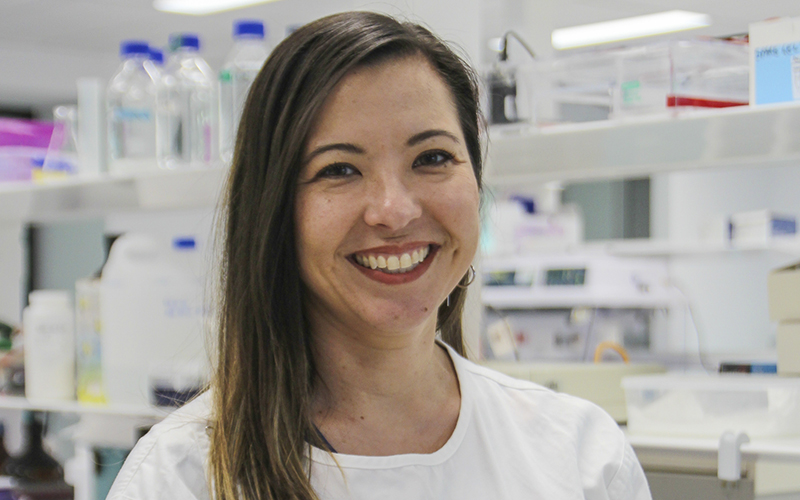
News & Events
Cancer Council WA supports development of less toxic treatments for childhood brain cancerThe Kids Research Institute Australia researcher, Dr Raelene Endersby, will work to develop less toxic treatments for children with brain cancer, thanks to support from Cancer Council WA.
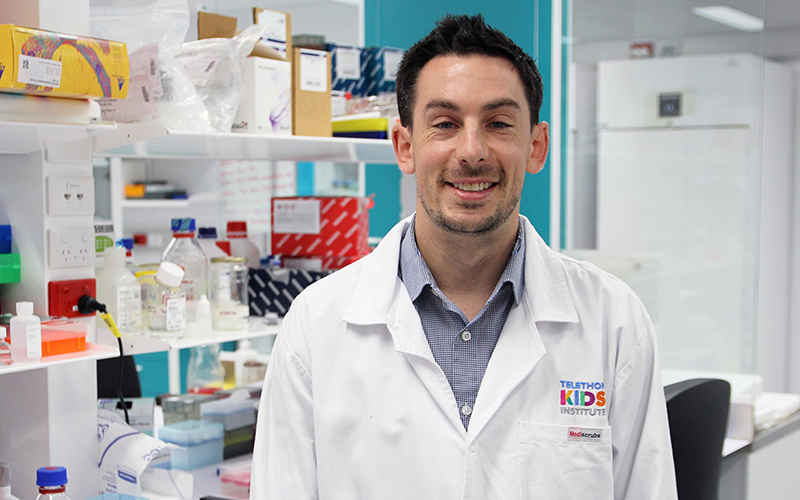
News & Events
The Kids Research Institute Australia Cancer Centre Researcher wins Cancer Council WA FellowshipCancer Council WA has awarded a Post-Doctoral Fellowship to Dr Ben Wylie, for his project to help kids with sarcoma.
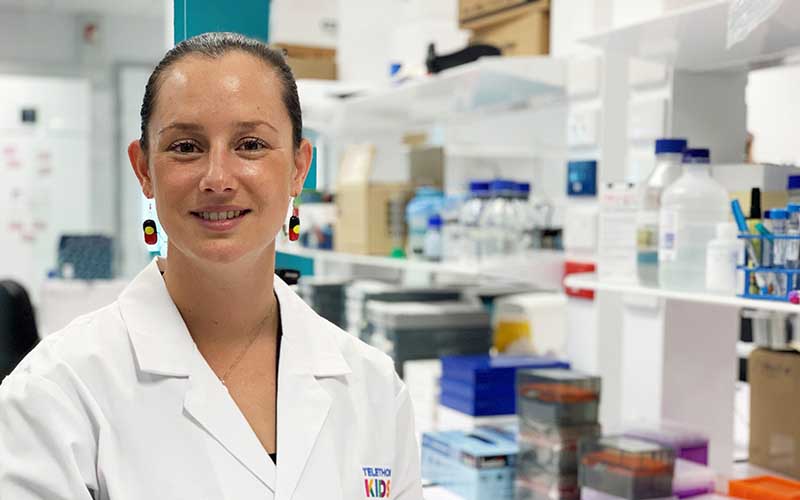
News & Events
The Kids Research Institute Australia Cancer Researcher recognised in 2021 Business Events Perth Aspire AwardsOne of The Kids Research Institute Australia’s leading young researchers will travel to the world’s premier conference on childhood brain cancer.
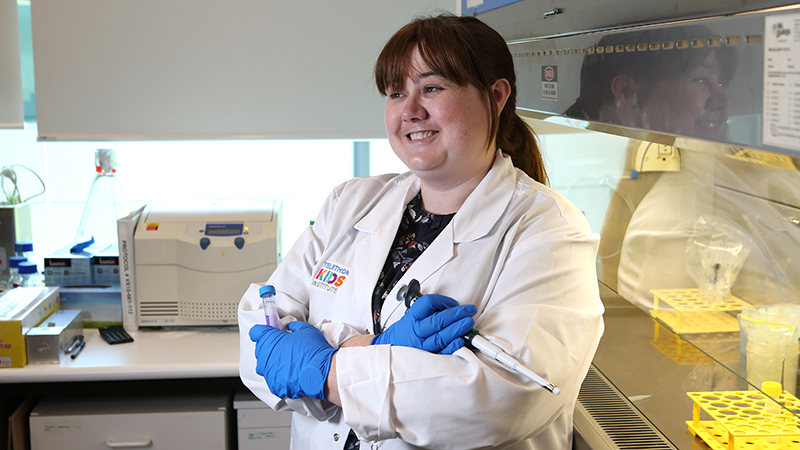
News & Events
“Natural killer” donor cells fighting kids leukaemiaNew research by The Kids shows donor immune cells are highly effective at boosting the body’s response against leukaemia.
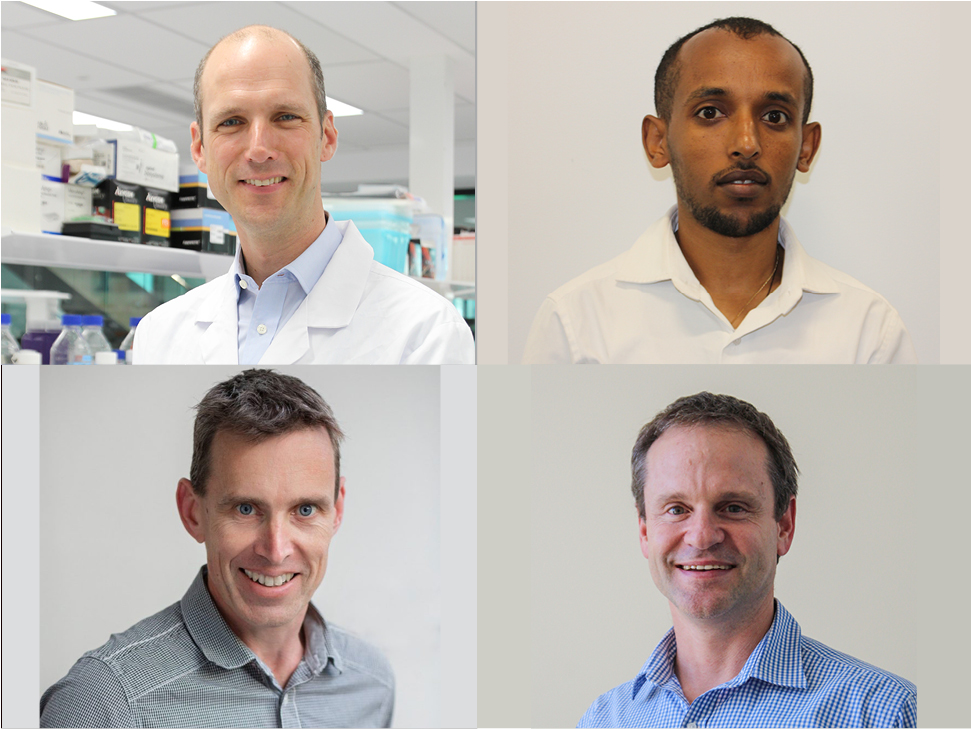
News & Events
Child health research set to benefit from national grantsResearchers at The Kids Research Institute Australia have been awarded $4.6 million in national funding from the National Health and Medical Research Council (NHMRC) and Medical Research Future Fund (MRFF) to help support child health research.
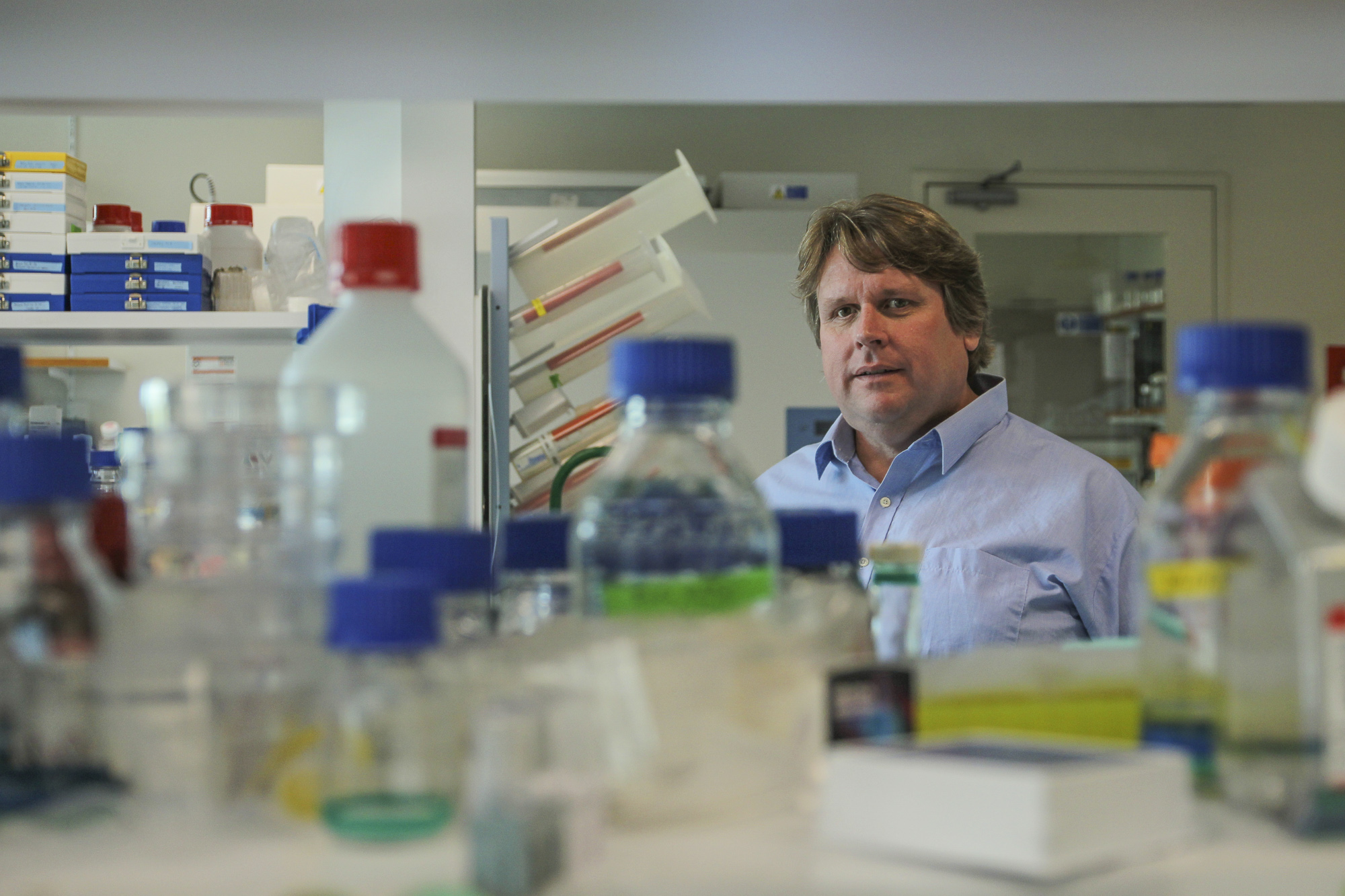
News & Events
The Kids researchers seek cure for devastating gliomaThe Kids Research Institute Australia’s cancer researchers will use funds raised in the name of a brave three-year-old girl to launch a new assault on the devastating form of childhood cancer which took her life.
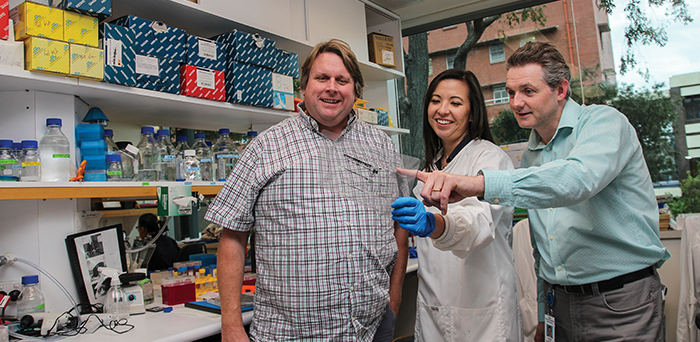
News & Events
How to win friends and influence people: Cancer researchers talk the talk for big resultsIn the field of cancer research, lobbying efforts by the The Kids Cancer Centre have contributed to major initiatives including Australia’s first personalised medicine program for children with high-risk cancer, and a mission to boost survival rates in brain cancer patients.
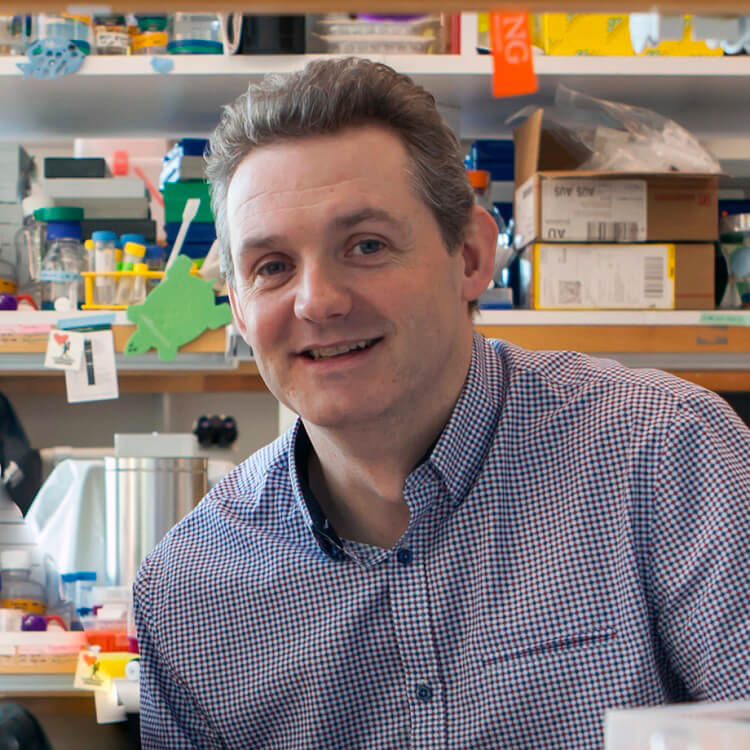
News & Events
Associate Professor Nick Gottardo awarded Cure Brain Cancer Foundation Innovation Grant 2017The Kids cancer researcher & clinician Dr Nick Gottardo has been announced as the recipient of an Innovation Grant from the Cure Brain Cancer Foundation.
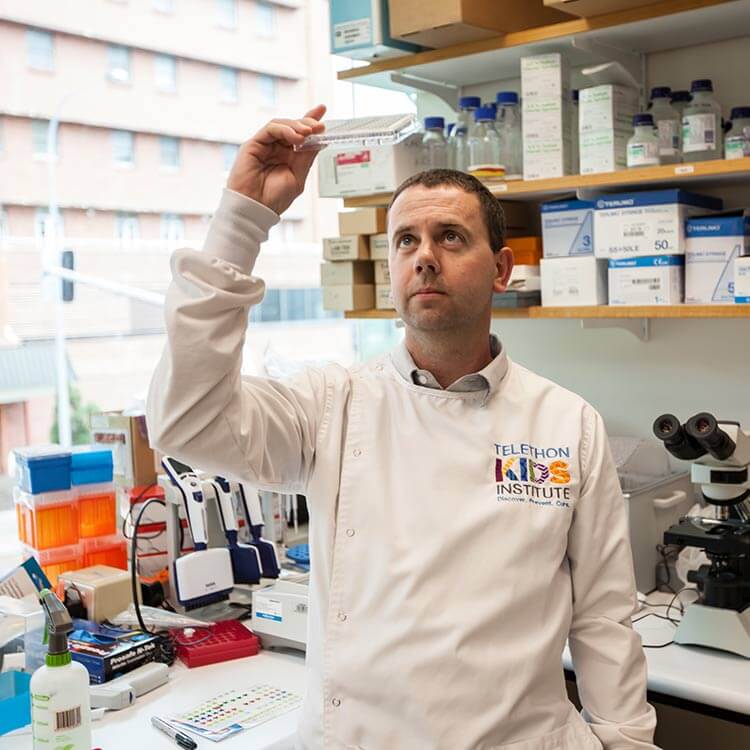
News & Events
Funding boost to melanoma researchA The Kids Research Institute Australia researcher will investigate new ways to harness the body’s own immune system to fight melanoma, thanks to Cancer Council WA funding.
